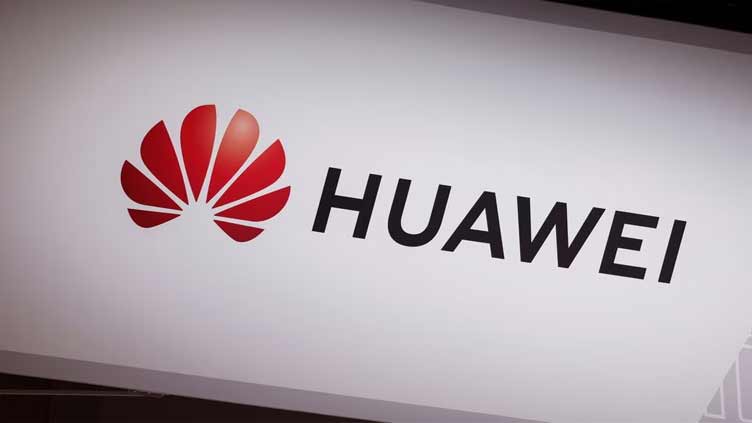U.S. curbs on the sales of advanced artificial chips by Nvidia (NVDA.O) to China are creating an opening for Huawei to win market share, with sources saying it won a sizeable AI chip order from Chinese tech giant Baidu (9888.HK) this year.
Better known globally for its telecoms and smartphones businesses, Huawei has for the past four years been building an AI chip line.
Here is what we know about its Ascend AI chip series, and its main product to rival Nvidia’s A100 chip, the 910B.
WHY AND HOW DID HUAWEI ENTER THE AI CHIP BUSINESS?
Huawei first unveiled its Ascend 910 in 2018 and the chip was officially launched in 2019 as part of a strategy to build a full-stack AI portfolio and become a provider of computing power. That same year, the company became the target of U.S. export controls.
At the time, Huawei claimed that its chip was the world’s most powerful AI processor and Chinese media reports said the original Ascend 910 was manufactured on a 7-nanometer process.
Huawei said the chip could deliver 256 TeraFLOPS for half-precision floating point (FP16) operations and 512 TeraOPS for integer precision calculations (INT8).
The company also touted the chip’s efficiency, saying that its max power consumption was 310W which it said had exceeded Huawei’s original target at 350W.
The chip, however, failed to dent Nvidia’s dominance both inside and outside China. Nvidia introduced its A100 and H100 chips in 2020 and 2022 respectively which swept up the majority of the AI chip market share globally, a trend supercharged by the emergence of generative AI.
Advertisement · Scroll to continue
Experts said Nvidia enjoyed a massive incumbent advantage over Huawei, with one key edge being the reliance of existing AI projects on Nvidia’s software ecosystem. While Huawei has its own ecosystem, version called CANN, analysts say it is much more limited in terms of the AI models it is capable of training.
WHAT IS THE LATEST CHIP, THE 910B?
Huawei has not officially announced the Ascend 910B, a newer version of the 910, but some details about the chip have emerged in public comments by some Chinese companies and academics, as well as in technical guides on Huawei’s website.
In August, the chairman of Chinese AI giant iFlyTek (002230.SZ), Liu Qingfeng, praised Huawei for producing a GPU that he said was “basically the same as Nvidia’s A100” and said iFlyTek was working with Huawei to develop a hardware.
Chinese media outlet Yicai later reported that the hardware was powered by Ascend 910B, which had not been previously known.
Reuters also found that documents related to Ascend 910B, such driver and firmware upgrade guides, started appearing on Huawei’s website this August.
Last month, during iFlyTek’s earnings call, Senior Vice President Jiang Tao once again said the Ascend 910B’s capabilities were “comparable to Nvidia’s A100”.
Baidu ordered 1,600 of Huawei 910B chips for 200 servers in August, one source told Reuters.
Analysts and sources say that the 910B chips are comparable to Nvidia’s in terms of raw computing power, but they still lag behind in performance. Still, they are seen as the most sophisticated domestic option available in China.
WHY DOES THIS MATTER FOR HUAWEI AND CHINA?
Analysts have estimated China’s AI chip market to be worth $7 billion and grabbing market share from Nvidia could mark a win for Huawei against the United States.
Huawei has reiterated how it wants to become a key provider of computing power for AI, with Chief Financial Officer Meng Wanzhou saying in September that Huawei wanted to build a computing base for China and give the world a “second option”, in a veiled reference to dominant provider the United States.
In the absence of Nvidia chips, China’s AI firms will have to rely on domestic products like Huawei’s less powerful chips, but analysts say that it could be only a matter of time before Huawei is able to close this gap, given the amount of support and investment the Chinese government is pouring into AI and semiconductors.
Post Views: 76


 Sports3 months ago
Sports3 months ago
 Sports3 months ago
Sports3 months ago
 Fashion3 months ago
Fashion3 months ago
 World3 months ago
World3 months ago
 pakistan3 months ago
pakistan3 months ago
 pakistan3 months ago
pakistan3 months ago
 World3 months ago
World3 months ago
 Sports2 months ago
Sports2 months ago






















